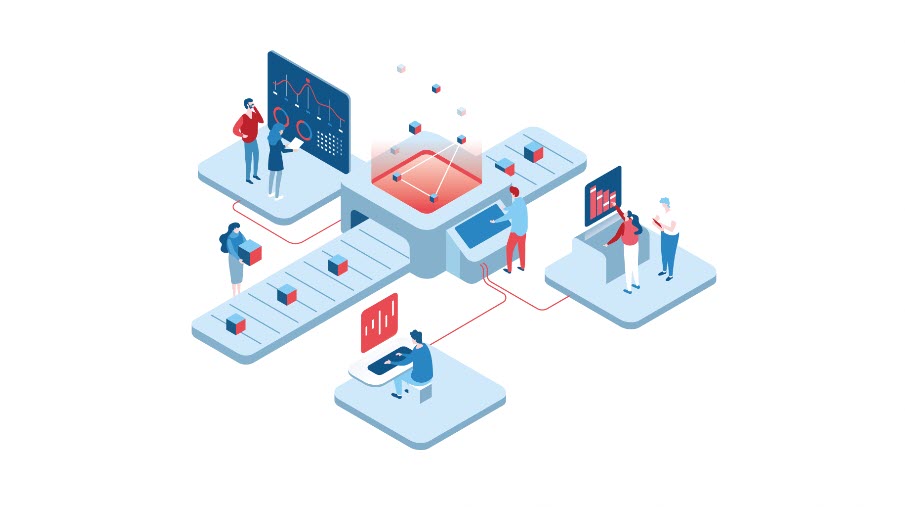Enterprise software development refers to the process of creating software applications for use by large organizations, such as corporations, government agencies, and non-profits. These software applications are designed to help organizations automate processes, manage and analyze data, and improve overall efficiency and productivity.
One of the key differences between enterprise software development and consumer software development is the scale at which the software is used. Enterprise software is often used by thousands or even millions of users within an organisation, and as such, must be able to handle a large volume of data and transactions. In addition, enterprise software must be reliable, scalable, and secure, as it is often used to support mission-critical processes and handle sensitive information.
Another key difference is the development process itself. Enterprise software development projects are often much larger and more complex than consumer software projects, and may involve multiple teams of developers working over a period of years. These projects also tend to have longer development cycles, as they must go through a thorough testing and quality assurance process to ensure that they meet the high standards required by large organizations.
One of the challenges of enterprise software development is the need to balance the needs of different stakeholders within the organization. This may include executives, department heads, IT staff, and end users, each of whom may have different requirements and priorities for the software. It is the responsibility of the development team to consider the needs of all stakeholders and ensure that the final product meets the needs of the organisation as a whole.
One of the key factors in successful enterprise software development is the use of a structured development methodology. This may include a agile methodologies, such as Scrum, which emphasise collaboration and rapid iteration, or more traditional methodologies, such as the waterfall model, which involve a linear progression through a series of stages. The choice of methodology will depend on the specific needs of the project and the organization.
Another important aspect of enterprise software development is the use of appropriate tools and technologies. This may include programming languages, database systems, and other software frameworks and libraries. The choice of tools and technologies will depend on the specific requirements of the project and the organization’s existing technology stack.
In conclusion, enterprise software development is a complex and multifaceted process that involves the creation of software applications for use by large organizations. It requires a structured development methodology and the use of appropriate tools and technologies to ensure that the final product meets the needs of the organization and its stakeholders. Successful enterprise software development can help organizations automate processes, manage and analyze data, and improve overall efficiency and productivity.

